PPC Zimbabwe says it will leverage on an enhanced export incentive which the company has been granted by the Reserve Bank of Zimbabwe to break even and resume exports in the face of high costs of production, businessdigest has learnt.
The firm has bemoaned the erosion of export competitiveness as a result of high production costs and cash shortages in the economy, which has adversely affected operations and remains a major impediment to sustainable growth.
The central bank has approved the PPC's application for an export incentive above the usual 5%.
PPC managing director Kelibone Masiyane told businessdigest on the sidelines of its recent Harare plant's ISO certification that its exports have dropped from levels of 100 000 tonnes between 2014 and 2015 to nothing as currencies continue to deprecate against the strong US dollar in use in Zimbabwe.
PPC was last week awarded ISO 9001:2015 and 14001:2015 certification by the Standards Association of Zimbabwe (SAZ) for operations at its US$82 million Harare milling plant, which was officially commissioned in March 2017.
He said the company was now going into the export market at variable costs but will not recover its fully absorbed costs, with the bottom line being to get US dollars to be able to pay for raw materials This will include stripping out local costs and focussing on the US dollar component.
"RBZ has heeded our call to increase the export incentive. It gives that capability and it helps in a way. Cost of production is too high to break into the export market. To compete is very difficult and again you recall in 2009 when we dollarised, all currencies depreciated gains to the US dollar.
"So, without us doing anything or improving on pricing we just became so uncompetitive. So what we are doing right now, we are going to go in there even at a variable cost so we are not going to recover our fully absorbed costs," he said.
Masiyane said although PPC's plant capacity has increased to around 60%, the challenges of high costs of production remained and he does not see the plant reaching 100% capacity utilisation in the next 18 months.
"Between 2014-2015 we were doing over 100 000 tonnes of cement per year but have reduced to virtually nothing. We want to go there at a variable cost although we are not going to recover on our own. We need to fully absorb costs and the absorbed costs we are talking about are not a standard cost.
"We are going in at a loss so we will be able to pay for our suppliers. Until we start reducing fuel prices and electricity, Zimbabwe remains expensive," he said.
However, higher volumes are anticipated for 2018 buoyed by infrastructural development projects in the country.
PPC stands to benefit from the Beitbridge-Harare road project, and Gwayi-Shangani Dam, which it has already begun supplying with cement, Hwange Thermal Power Station as well as Caledonia housing project.
"With the new dispensation we are positive we will see volumes going up. We have positive sentiments and the upcoming and ongoing infrastructural projects will see us ramping up production into the year. We are ready and capable," he said.
- the independent
 Mliswa flees to South Africa?
Mliswa flees to South Africa?  South African ambassador falls to death from Paris hotel room
South African ambassador falls to death from Paris hotel room  India dumps US Treasury bills
India dumps US Treasury bills  ZSE and VFEX recover after weak 1st half
ZSE and VFEX recover after weak 1st half  Gold edges up as traders await guidance
Gold edges up as traders await guidance  Zimbabwe gold prices move to 118.26 per gram
Zimbabwe gold prices move to 118.26 per gram  Young Investment Professional (YIP) Graduate Programme 2019
Young Investment Professional (YIP) Graduate Programme 2019 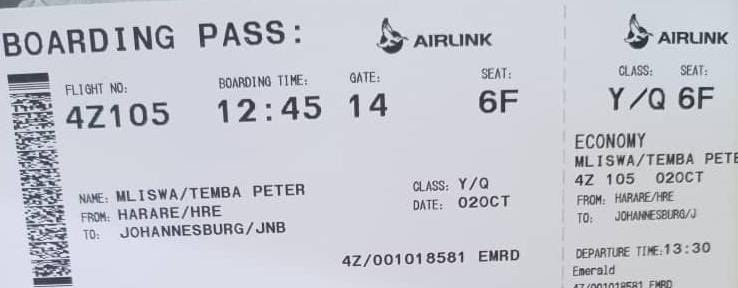

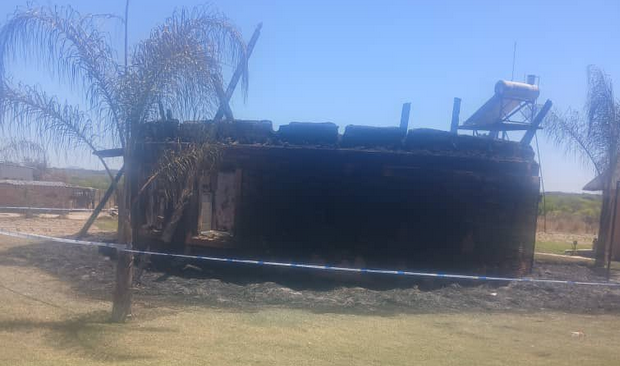

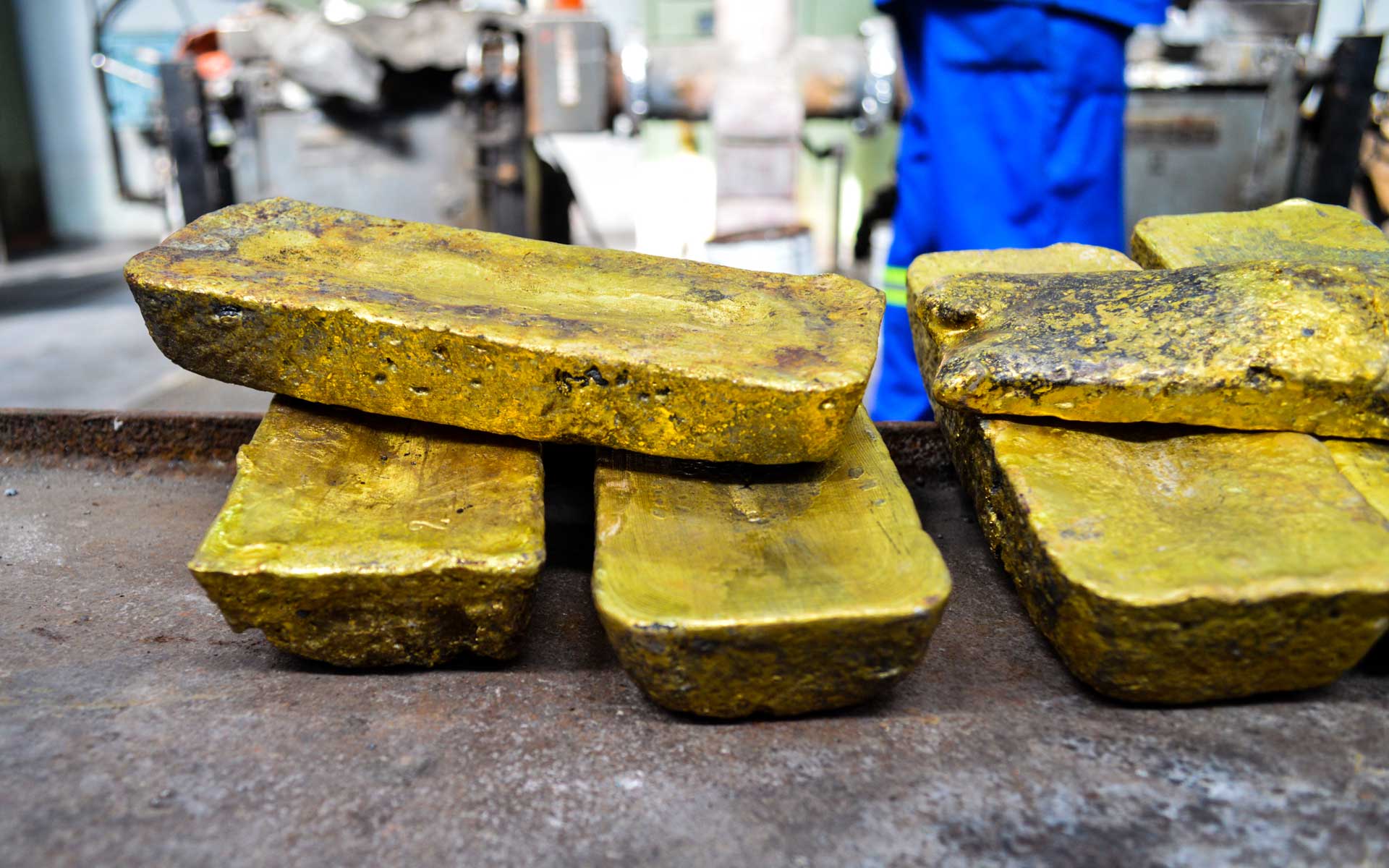
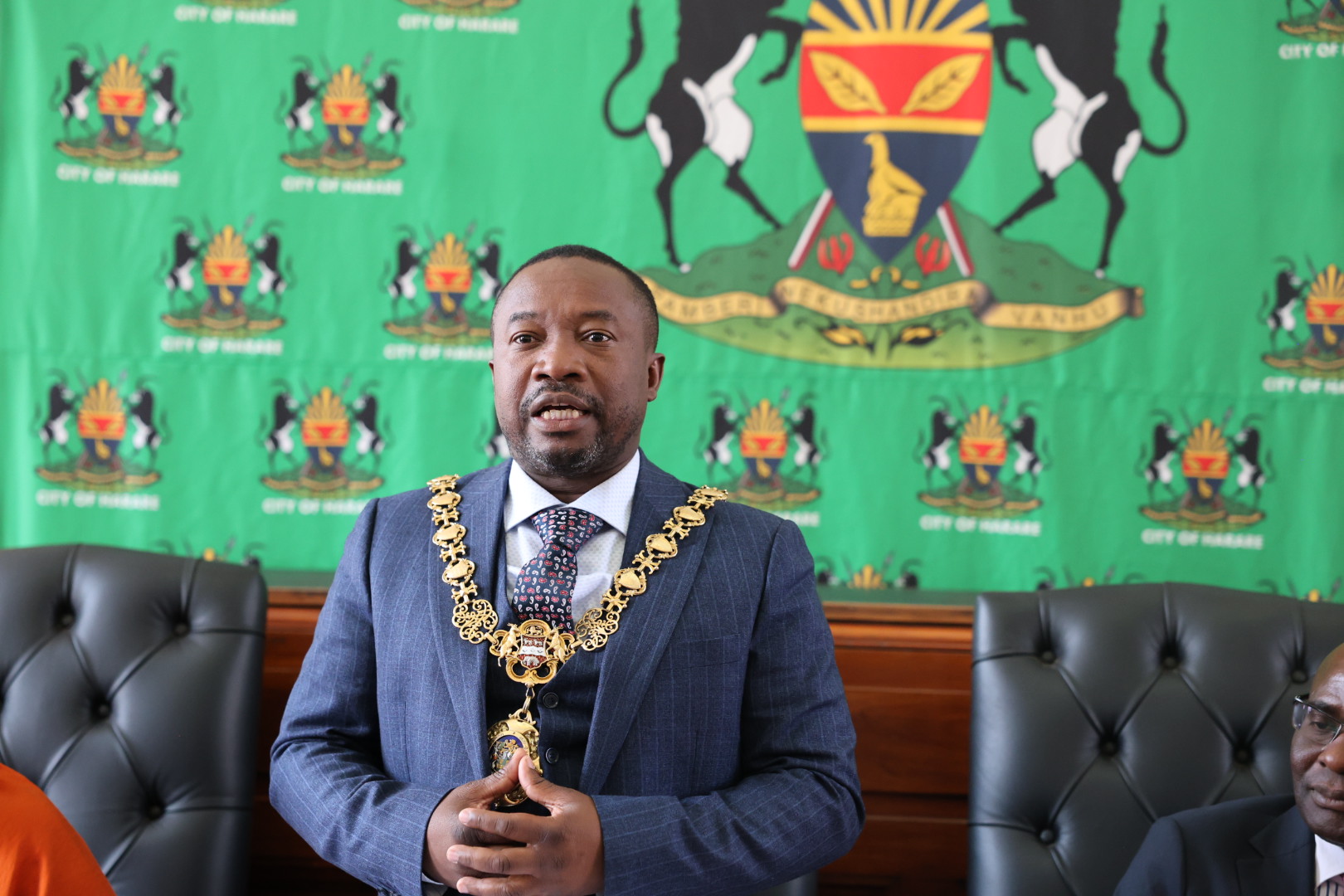
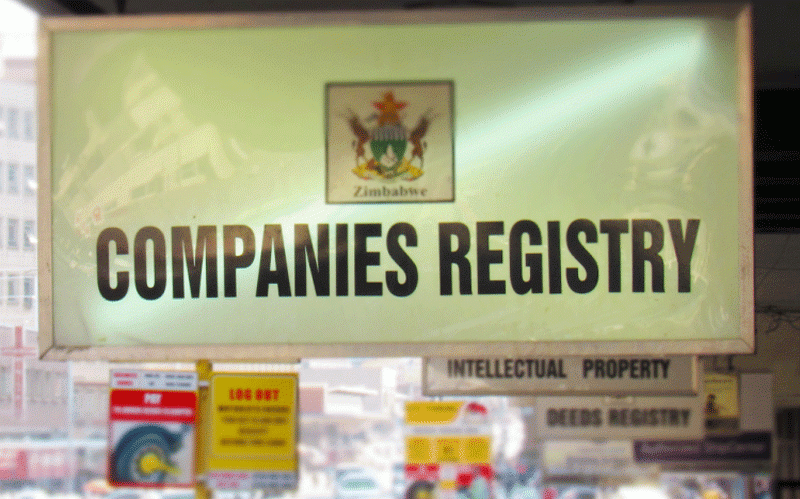

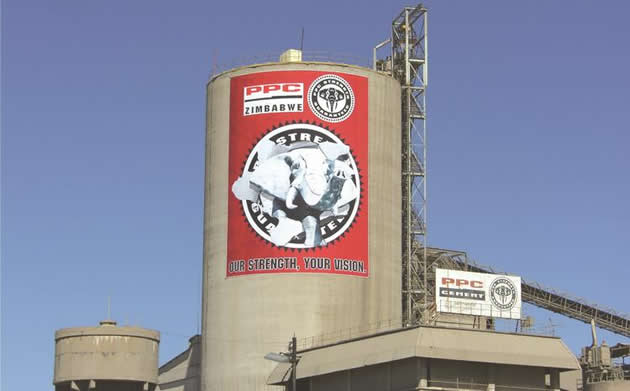
 Young Investment Professional (YIP) Graduate Programme 2019
Young Investment Professional (YIP) Graduate Programme 2019
Editor's Pick